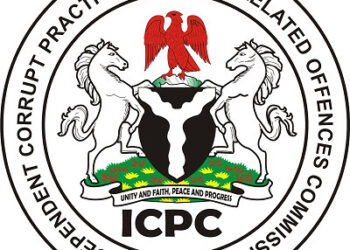The Independent National Electoral Commission (INEC) has rejected the petition to recall Senator Natasha Akpoti-
Uduaghan, representing Kogi Central, due to its failure to meet the constitutional requirements.
According to INEC, the petition did not satisfy Section 69(a) of the Nigerian Constitution, which stipulates that a recall
petition must be signed by more than half of the registered voters in the senator’s constituency.
The petition, which was submitted by the constituents of Kogi Central Senatorial District, claimed to have gathered
over 250,000 signatures from registered voters. However, INEC found that the petitioners did not provide complete
contact details, including exact addresses, telephone numbers, and email addresses of their representatives, as required by the commission’s regulations.
The total number of registered voters in the Kogi Central Senatorial District is 474,554, and more than half of this
figure is 237,278. INEC verified 208,132 signatures/thumbprints from the submission made by the petitioners, which fell short of the required number.
You may also like: INEC Discusses Complexities and Costs of Recall Process
The recall process is enshrined in the 1999 Constitution, the Electoral Act 2022, and INEC’s detailed Regulations and
Guidelines for Recall 2024.³ INEC reassured the public that it would be guided by the legal framework for recall and
would follow due process in handling the petition.
The petitioners were given the opportunity to complete the process as required, but they failed to meet the necessary
criteria. INEC’s decision to reject the petition is a testament to the commission’s commitment to upholding the law and ensuring that the recall process is carried out in a fair and transparent manner.
The recall bid against Senator Natasha Akpoti-Uduaghan has been a contentious issue, with many questioning the
motives behind the petition. The senator has been a vocal advocate for her constituents and has been involved in several high-profile controversies.
The rejection of the petition is a significant development in the ongoing saga, and it remains to be seen how the
petitioners will respond. INEC’s decision is final, and it is unlikely that the petitioners will be able to appeal the decision.




































